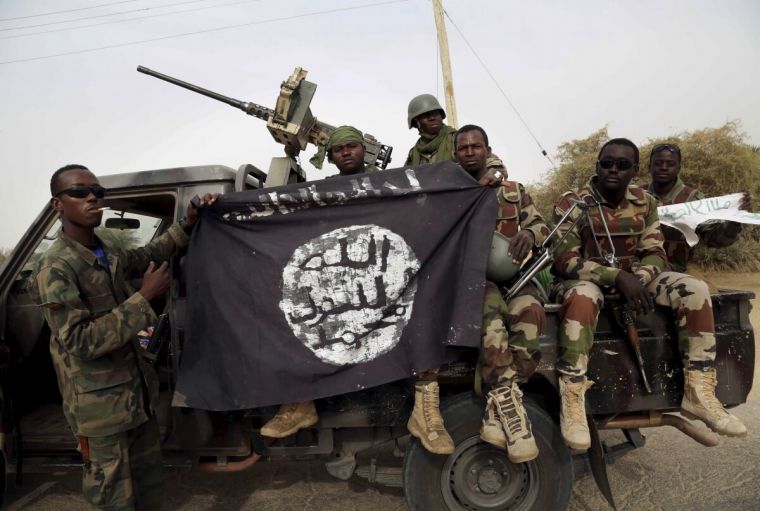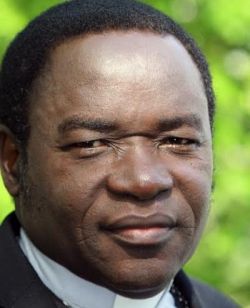Nigeria: How the Church can stop Boko Haram

The Boko Haram insurgency is often regarded just as a local expression of similar Islamist movements in the Middle East, like Islamic State and Al Qaeda. However, it has roots in northern Nigeria that go deep into the country's history and is the "tip of the iceberg" of anti-Christian prejudice and discrimination, according to a senior Catholic bishop.
Speaking at an Aid to the Church in Need conference in New York reported by Zenit, Bishop Matthew Hassan Kukah said the region had a long history of of opposition to Christianity. Islam had been established in northern Nigeria "with the sword and blood, then slavery, subjugation and oppression", he said, adding that British rule, which "sought to pacify and co-opt the northern Fulani ruling class into its loop of power", made things worse and led to further discrimination against non-Muslim populations.

Kukah claimed Christian missionaries and churches were kept outside the cities, making Christians more vulnerable. The government's reluctance to allocate land for the building of churches gradually became a serious problem, "and remains so to this day," he said.
However, he said "a new wind is blowing today" and that Christians were gaining in confidence because of their increasing economic and political power. But the Christian success story had run up against the sudden emergence of Boko Haram, which specifically targeted Christian churches and institutions.
Kukah said: "Boko Haram, in some respect, is the tip of the iceberg, the extreme manifestation of years of indoctrination hinging on negative propaganda against Christians and Christianity, demonizing their relationship with the West. Young Muslims have been fed on a steady diet of exhortations that Islam is superior to any other religion."
He also referred to the influence of international events such as the war in Afghanistan and the Danish cartoons, which he said had led to attacks on Christians by Muslim young people.
But he added: "Ultimately, the crisis in the name of religion in northern Nigeria is not a crisis over faith but a crisis over power. The challenge is how to create an egalitarian society in which the Constitution is the supreme law of the land and in which ordinary citizens can enjoy their rights without any discrimination."
Part of this response, he said, was for the Church to engage with the Muslim youth of northern Nigeria. "It is clear to me that if we create more spaces for young people to interact – especially at the college level – mutual trust between Christians and Muslims can be built up," he said.
Kukah outlined some of the steps he had taken in this direction, including ensuring Muslims benefited from a scholarship fund for poor children. He said his "biggest dream" was to build a boarding school for 1,000 students from all religious and ethnic groups. "This will be a platform for creating a new generation of Nigerians who can be weaned off from the hatred and prejudice that produce fear in our society today," he said.
"I believe that when these children grow up together, they will learn to accommodate and accept one another; thus they will be able to make meaningful contributions to society – acting as citizens of Nigeria and not as religious bigots who have grown up up in isolated environments."











